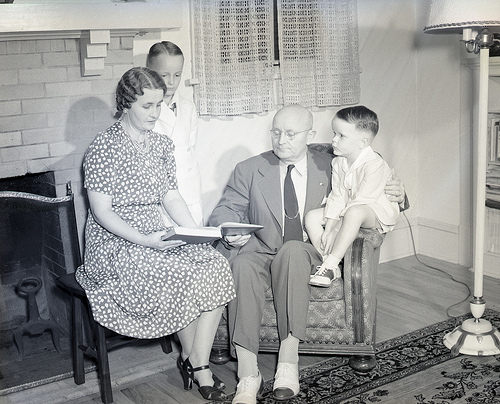The Trotter Prize in Information, Complexity and Inference is awarded annually for pioneering contributions to understanding the role of information, complexity and inference in illuminating the mechanisms and wonder of nature. The Trotter Lecture seeks to reveal connections between science and religion, often viewed in academia as non-overlapping, if not rival, worldviews.
Know a pioneer in this area?
Recipients of the Trotter Prize are invited to deliver a lecture at Texas A&M University under the Trotter Prize Endowed Lecture Series and receive a cash award.
About the Trotters

The endowed lecture series and its associated prize are being established to honor the memory of Dr. Ide P. Trotter Sr., former dean of the Texas A&M Graduate School. Trotter served in numerous administrative capacities at Texas A&M, including a head of the Department of Agronomy (1936-1944); director of the Texas Agricultural Extension Service (1944-1948); dean of the Graduate School (1949-1956); and associate dean of the Graduate School and extension consultant for professional improvement (1956-1960).
As dean of the Graduate School, he initiated a graduate lecture series. Trotter’s son, Dr. Ide P. Trotter Jr., along with his wife, Luella H. Trotter, decided to establish the lecture series to assist in carrying on at Texas A&M the broad educational objectives championed by his father.